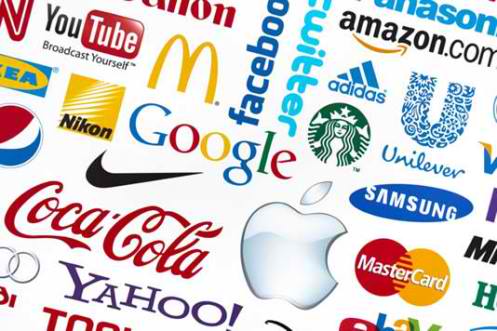It started with a smiley face here 😁 and there 😍, a red heart pictograph 💗 to
say “I love you”, or the toothy face 😀 which means “Eek I’m sorry, I’m late!” or “Damn,
it’s 3p.m. and I just woke up!” 😑 Emojis are even invading the dictionary. But are
they a new form of language? Will they totally replace words some day?
I would argue that some people are indeed using them as a legitimate means
of communicating. Famous novels such as Moby Dick 🐳 have been “translated” into
emoji signs. Many linguists say that it is a real problem, making communication
simplistic and our language skills deteriorate 😶. But, paradoxically, the emoji
versions of novels have actually revived interest in literature 📚… and the Bible!
The first emoticon was created in 1982 by Scott E. Fahlman, a computer
scientist at Carnegie Mellon University. He wanted a way to mark posts that
were not meant to be taken seriously. Emojis are the next generation of
emoticons. A Japanese word that means “picture” plus “letter” (moji), emojis first
appeared in Japan in the last decade of the start of the century. Now, emojis
are everywhere and they are used to show not only various emotions, but to
illustrate almost everything, from Santa Claus 🎅 to a screaming cat 🐱 ! I think the
stuff we type today looks the same regardless of who we are or what mood we’re
in; it’s a bit ridiculous...
Most teenagers use emojis to communicate, and sometimes they converse
only in pictographs. They don’t necessarily know the other person’s language! Teens
love smiley 😏 emoticons; but many adults become enraged 😡 at the sight of the yellow
faces. Maria McErlane, the British journalist, actress and radio personality, told
the New York Times in 2011: “I’m
deeply offended by them; are words not good enough?”
Language is fundamental to a people’s identity. Emoticons and emojis undermine
that identity because words are replaced by pictures. Pictographs are used to overcome
the languages barrier, but in the process they risk making the words of a
particular language redundant…
If the popularity of emojis continues to grow, and if more books are
translated into pictographs, where does that leave the future of language and
the subtleties, skills and eloquence of writers, poets and journalists? Can you
imagine Shakespeare having written Romeo
and Juliet 😍 using emojis, or Victor Hugo Demain
dès l’aube 💀, using little yellow faces 😝 ?





